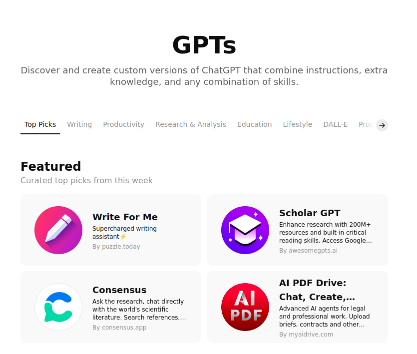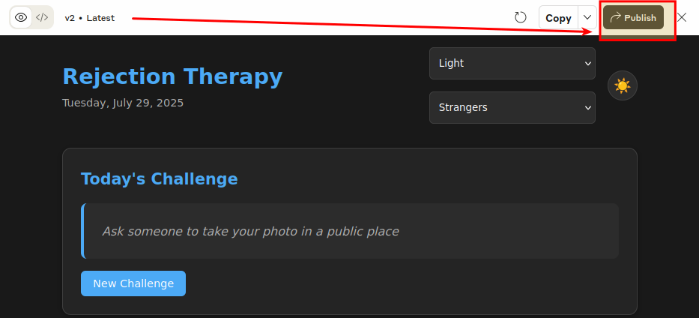Like a lot of us, I too am building web apps and utilities for myself. Leveraging my own personal notes and working with Claude / Gemini, to scratch my own itch. I cannot help but feel the excitement of the early days of blogging.
Everyone one was doing it. Because it made it easy to "publish" - see your ideas out there for anyone to consume! You no longer had to gestate that idea for years till it took the shape of a book. No more lengthy book proposals or marketing either. You work on a page long article - and publish. That's it.
This current transition to "vibe-coding" feels the same. Making it ridiculously easy for people to see their ideas working in code. Just like that! You whisper the rough contours of your idea and the AI gives you a tangible thing in a matter of minutes. Or hours, if you iterate.
But here's the thing: while the creation of software has become much more frictionless with "vibe coding", the publishing and distribution has yet to catch up. There's still no Medium / Substack / Wordpress for software. Not yet.
I keep seeing the debate about the quality of the vibe-coded software, which I believe will continue to improve. But that's missing the point. It's like comparing blog-posts with literature. The key difference is in speed of creation and distribution - both for blogs then, and now for software.
No more having to go through Play Store or App Store or myriad other channels. Sure - you can publish there as well. But just a single-file HTML+JS usually goes a long way. And there's GitHub, of course.
The self-created software space is still nascent. I've been sitting on this idea since April, and even after mega-billion dollar valuations of Loveable and Windsurf, Google is only now trying out Opal. Still early days.
GPT Store and others are trying. Claude offers a one-click "Publish" option. But it's not quite there yet.
Everyone one was doing it. Because it made it easy to "publish" - see your ideas out there for anyone to consume! You no longer had to gestate that idea for years till it took the shape of a book. No more lengthy book proposals or marketing either. You work on a page long article - and publish. That's it.
This current transition to "vibe-coding" feels the same. Making it ridiculously easy for people to see their ideas working in code. Just like that! You whisper the rough contours of your idea and the AI gives you a tangible thing in a matter of minutes. Or hours, if you iterate.
But here's the thing: while the creation of software has become much more frictionless with "vibe coding", the publishing and distribution has yet to catch up. There's still no Medium / Substack / Wordpress for software. Not yet.
I keep seeing the debate about the quality of the vibe-coded software, which I believe will continue to improve. But that's missing the point. It's like comparing blog-posts with literature. The key difference is in speed of creation and distribution - both for blogs then, and now for software.
No more having to go through Play Store or App Store or myriad other channels. Sure - you can publish there as well. But just a single-file HTML+JS usually goes a long way. And there's GitHub, of course.
The self-created software space is still nascent. I've been sitting on this idea since April, and even after mega-billion dollar valuations of Loveable and Windsurf, Google is only now trying out Opal. Still early days.
GPT Store and others are trying. Claude offers a one-click "Publish" option. But it's not quite there yet.
The ideal platform would mirror the ease of authoring words in Medium / Substack / or WordPress. A dedicated space where you can "write" / vibe-code your software in plain language and instantly see it transform into working code. Something like Loveable / Claude.
From there, one click deploys your app with a unique URL - on your own domain, may be, along with a bunch of other "syndicated channels". And your subscribers get automatic notifications. You could showcase all your apps on your custom domain or your creator profile on the platform. While a curated "All Apps" section highlights projects from other users - essentially, a discovery engine.
This curated garden is currently all we have in GPT store. Bits and pieces are being offered by different players. But nothing integrated.
That will happen soon as well.
Question is: what would that mean for how we consume software?
My take: software consumption might shift as dramatically as reading did when everyone started blogging. Instead of waiting for polished apps from big studios, we might browse personalized software like we scroll through Substack.
Amit
(building NextFive)
(building NextFive)

